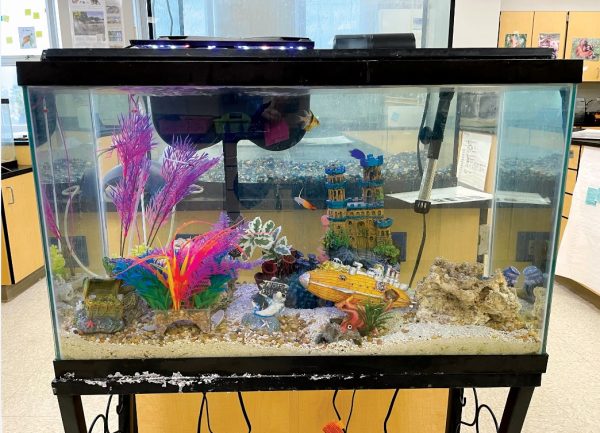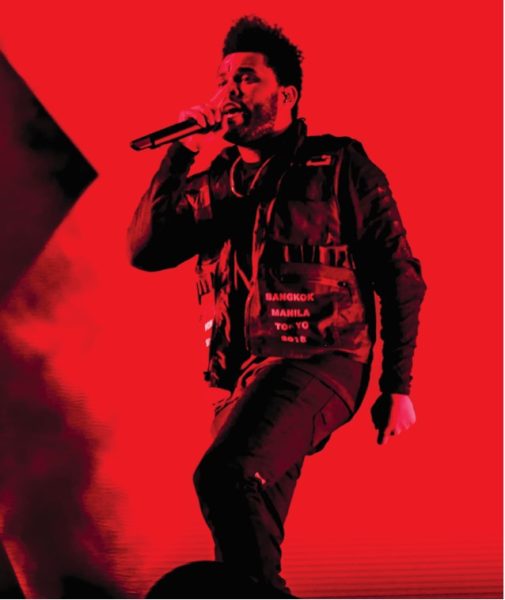Everything you need to know about the Hong Kong protests
August 30, 2019
This summer, Hong Kong was thrust into a state of turmoil, pushing back against mainland China to preserve their political and cultural freedom.
In February of this year, an extradition bill was proposed that would allow for suspected criminals to be transferred from Hong Kong to the Chinese mainland or Taiwan. This was proposed in response to a homicide in 2018 in which the guilty party escaped to Hong Kong and could not be arrested due to a lack of extradition policy.
The catch is that this bill would apply retroactively, which could spell trouble for political activists. Critics are concerned that China will use the law to detain those who have shown open dissent for the Communist Chinese government in the past.
A small group began protesting in March and April, but the movement started to take off in June. Though it began as peaceful protests, it quickly escalated to violence. Just this past weekend (Aug. 24 and 25) protesters and local law enforcement clashed violently. Tear gas and water cannons were used to control the crowd, and many people, including minors, were arrested.
Some protesters view the bill as a way for Beijing to get around Basic Law, which states that Hong Kong is to retain a high degree of autonomy until 2047. This is part of the “one country, two systems” agreement made when Britain gave Hong Kong back to China in 1997, which allowed Hong Kong to keep an independent legal system and police force. This agreement is the only reason China has not cracked down on the protests with an iron fist. However, China can only be kept at bay for so long; it is slowly chipping away at Hong Kong’s autonomy.
For now, Hong Kong Chief Executive Carrie Lam has indefinitely suspended the bill. It is suspected that officials are hoping that if the bill goes away for a while, it will be forgotten about and quietly passed later. So far, the tactic has not been successful as protesters are out in full force and probably will be until they are forcefully stopped or their demands are met.
The protesters have thus far laid out five demands: for the bill to be withdrawn, for leader Carrie Lam to step down, an inquiry into police brutality, for the release of those arrested and greater democratic freedoms. The pressure is on for Lam to find a way to resolve the protests in time for the 70th birthday of the People’s Republic of China on October 1. The world will watch with bated breath as the deadline approaches.












